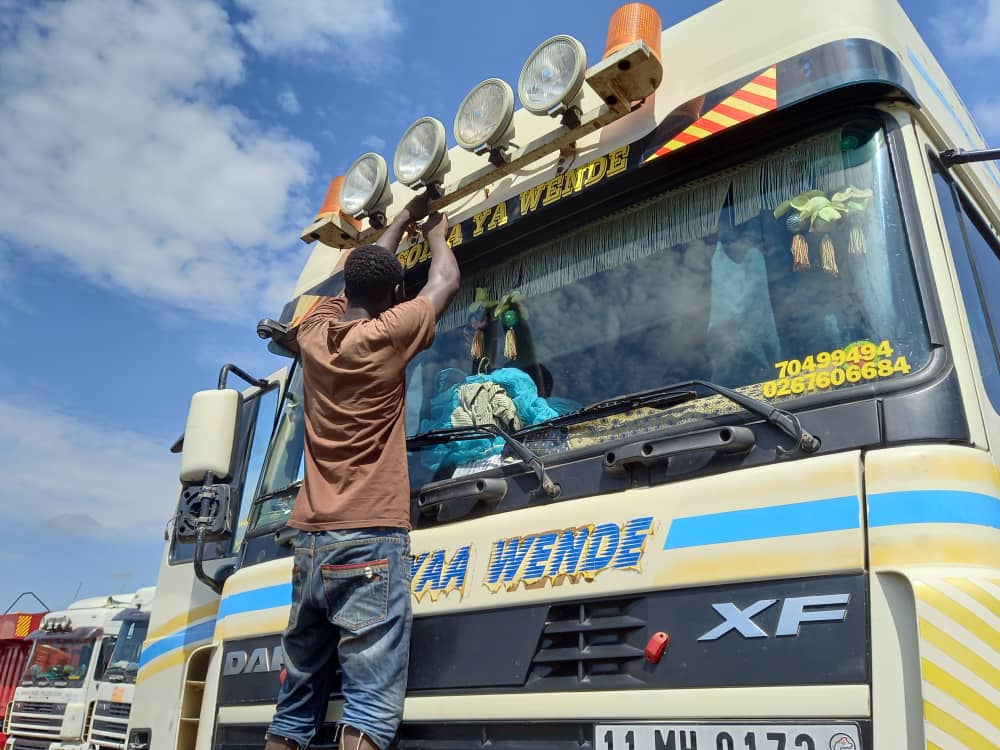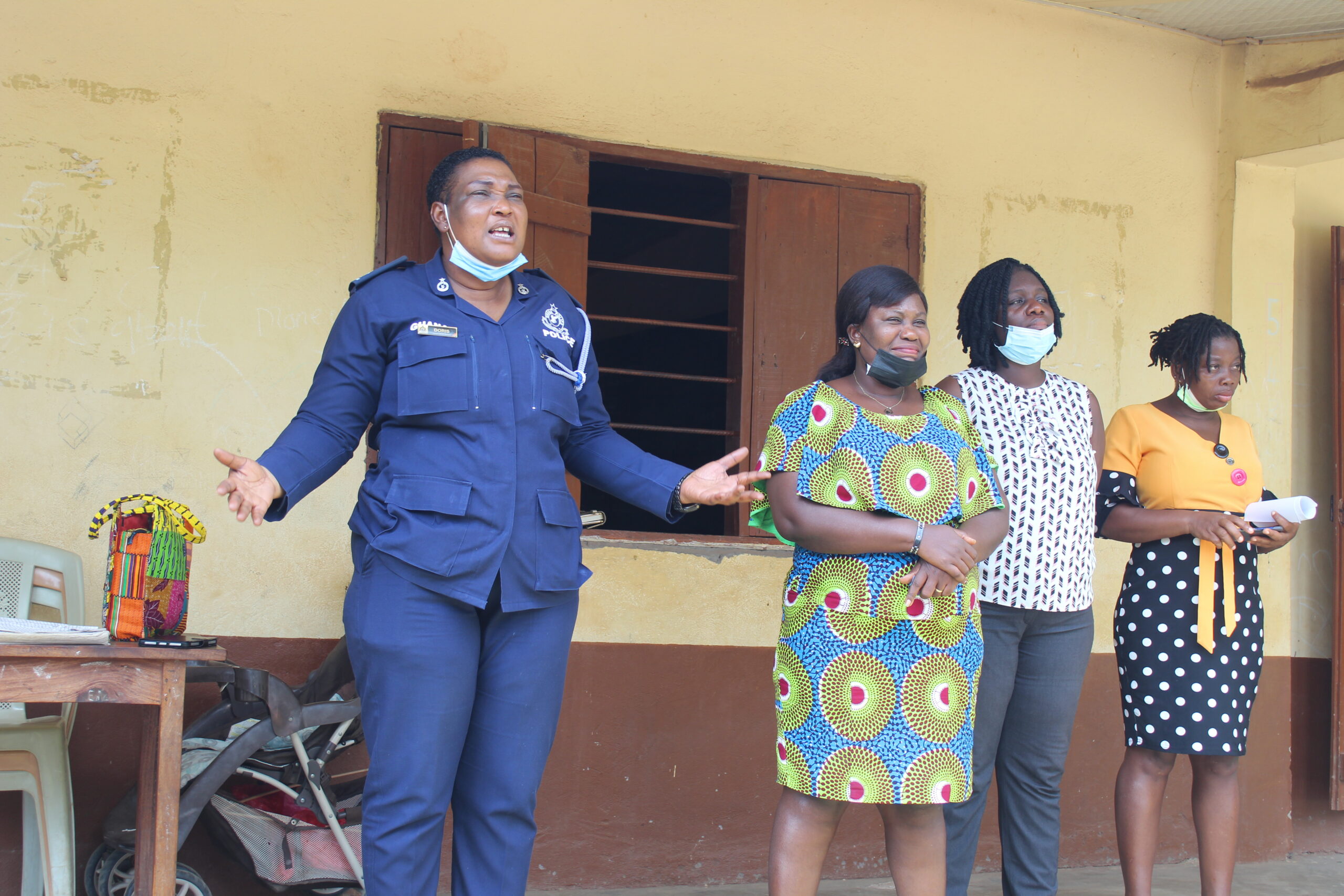Extend NHIS Coverage to Emergency Medical Services – NAS Proposed To Ministry Of Health

Striving to be a world-class emergency medical service that provides the highest quality and most cost-effective emergency health care to the people of Ghana, some personnel within the National Ambulance Service (NAS) are calling on the government to consider charging the operational cost of the service on the National Health Insurance Scheme (NHIS).
Rite FM in an interview with a section of the NAS station Managers in the Eastern Region affirmed that their appeal was borne out of the challenges facing the service.
According to an EMT who spoke to Omanba Kodwo Boafo on anonymity, the demand for emergency medical services in the region is high, a situation that requires a more and reliable source of funding.
An ambulance with registration number GV 821-19 allocated to Lower Manya Krobo Municipal, which route is mainly Odumase to Koforidua has covered a travel distance of about 560,500Km since it began operations in January, 2020.
A personel who is stationed at their Kpong station highlighted saying, the most and frequent demanding health emergency services in his area are road traffic accident (RTA), heart and lungs related problems and maternal complications.
Fact check revealed that 76, 97 and 151 cases for road traffic accidents, cardiovascular and pregnancy complications respectively were recorded for the period of 19 months.
Though the ambulance is designated for Lower Manya Krobo municipal, it’s sometimes dispatched to transport patients from adjoining districts including Asuogyaman, North Tongu, Upper Manya, Yilo Krobo and Okere.
Delivering on its core mandate; providing pre-medical care for accident victims including road traffic, domestic, industrial and medical – NAS in the Lower Manya Krobo is facing moments of difficulties that if not addressed immediately could defeat the purpose of free service for cash and carry.
Sources among emergency technicians have said patients are compelled to pay between GHC50.00 and GHC1,50.00 to fuel the ambulance before they are transported to their referral destinations.
For the widow’s mite of the Municipal Assembly, patients who could not afford to pay the unapproved charges by the National Ambulance Service are sent to referral hospitals in an extremely unbearable situation by the service.
Rite FM check indicated that the ambulance oftentimes travels a maximum of 3 times to Koforidua in a day, using about four hundred Ghana Cedis, making an average of about one hundred and thirty Ghana Cedis per travel.
Following the oozing of blood by the patient into the ambulance, sometimes, washing and cleaning at public washing bay are uncomfortable.
However, items including detergent which the government is expected to provide periodically, have seized coming to the Lower Manya Krobo NAS office.
The National Ambulance Service in the municipal has eleven staff including the Advance Emergency Technician. Meanwhile, the staff shares single room office accommodation to administer their duties.
Any of the three female personnel who joins a male colleague for night duty has no option unless she shares the same office space.
Life living facility such as washroom, especially for female staff who may be in their menstrual period is neither attached to the office. Office furniture, refrigerator, television, microwave and computer were not available to the office as of the time Rite FM was filling this story.
Hon Simon Kweku Tetteh, the Municipal Chief Executive for Lower Manya when contacted by Rite FM says he was going to convene a meeting among himself, the Ghana National Fire Service (GNFS) and the NAS for GNFS to release additional offices for their counterpart.
This, he said, is necessary because they provide joint services.
Despite the challenges, the Kpong station has successfully transported a total of 393 patients between January 2020 and 27 August, 2021.
The government has distributed 307 ambulances among all the 260 metropolitan, municipal and district assemblies across the country in late 2019, to ease the burden of emergency medical services.
The National Ambulance Services was established in 2004 to provide integrated, high-quality pre-hospital emergency and medical care, health transport, and medical retrieval and education services to all people in Ghana.
Source: Omanba Kodwo Boafo/ritefmonline.org




